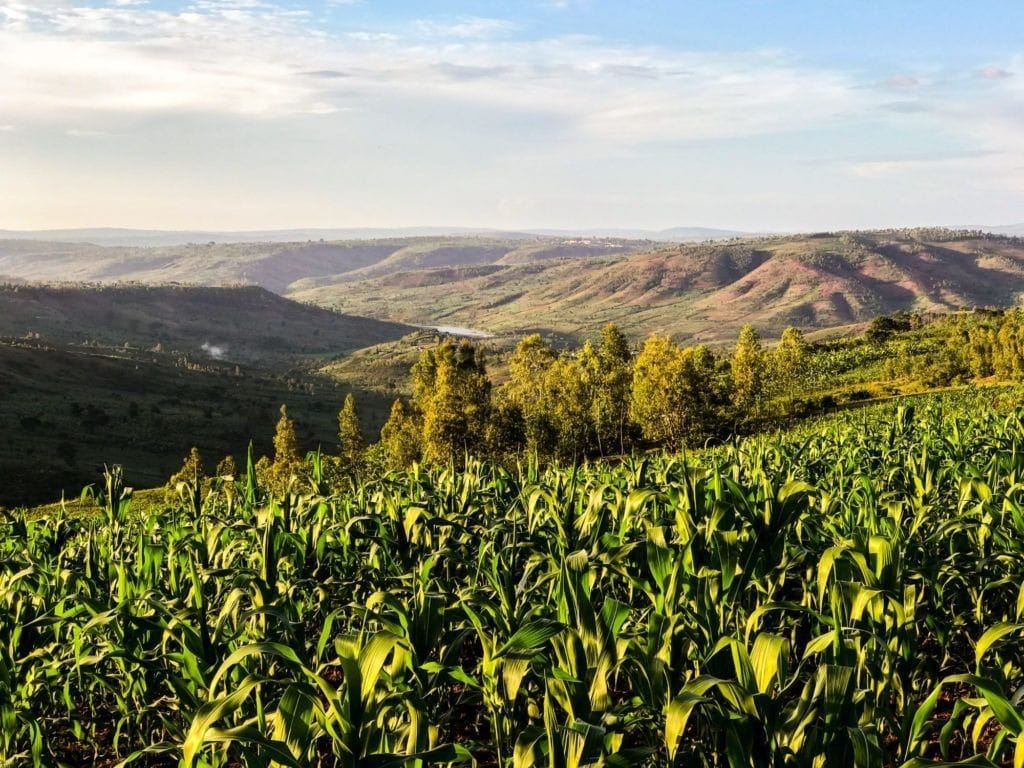PARIS (AN) — The world's biggest climate fund wrapped up a fundraising conference on Friday with US$9.78 billion in pledges raised from 27 mostly European nations, which was less than what donors promised to compensate for the U.S. absence.
Donors had vowed to contribute US$10.3 billion to the Green Climate Fund, an amount that still would not have paid for all of the fund's ambitious projects in its more than US$30 billion pipeline.







